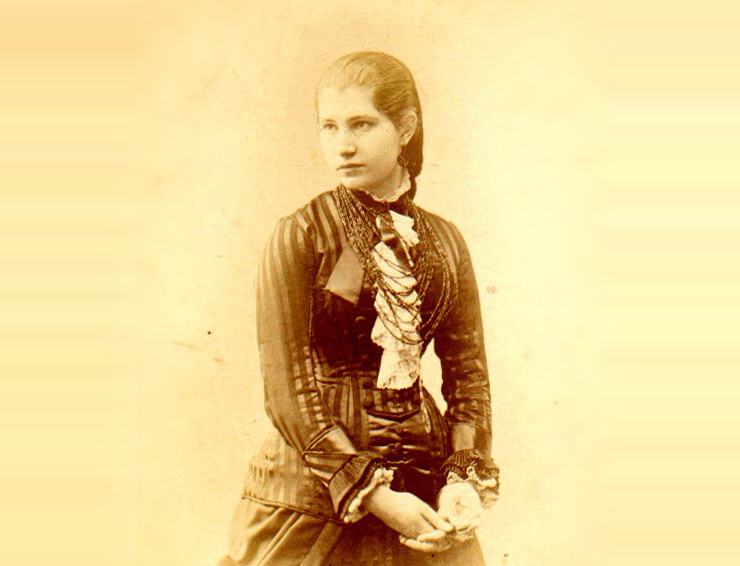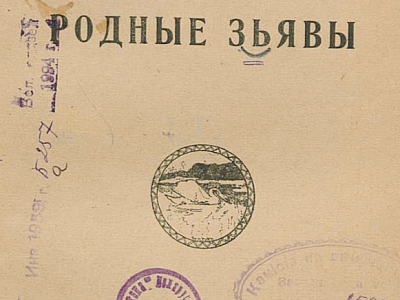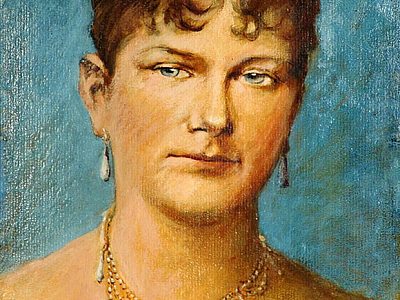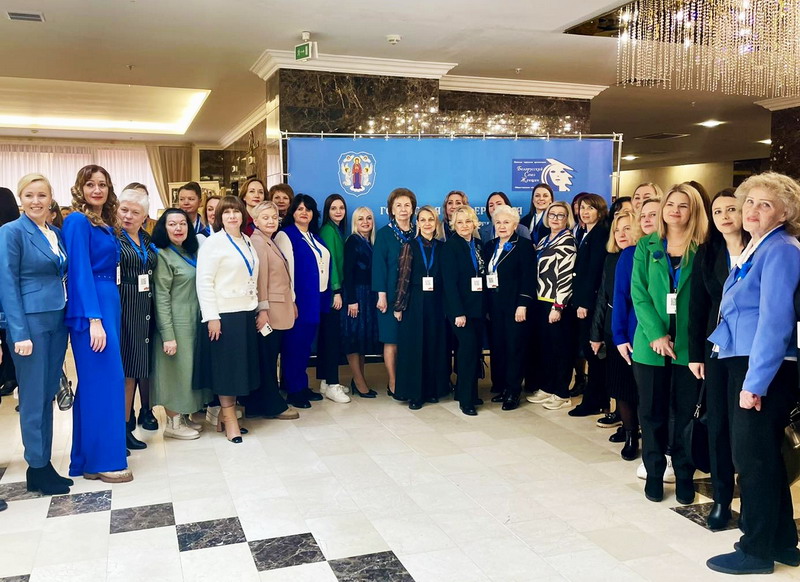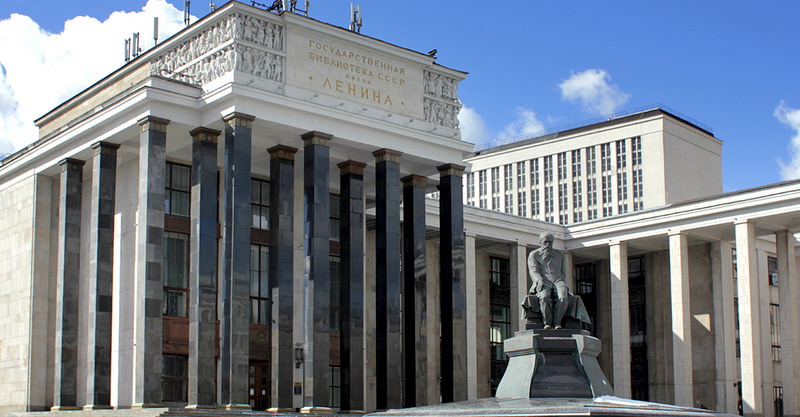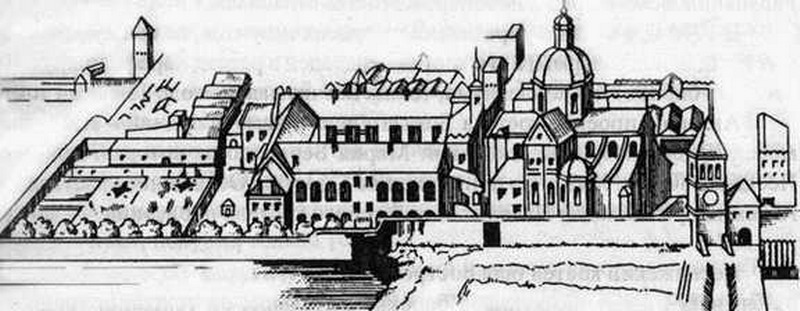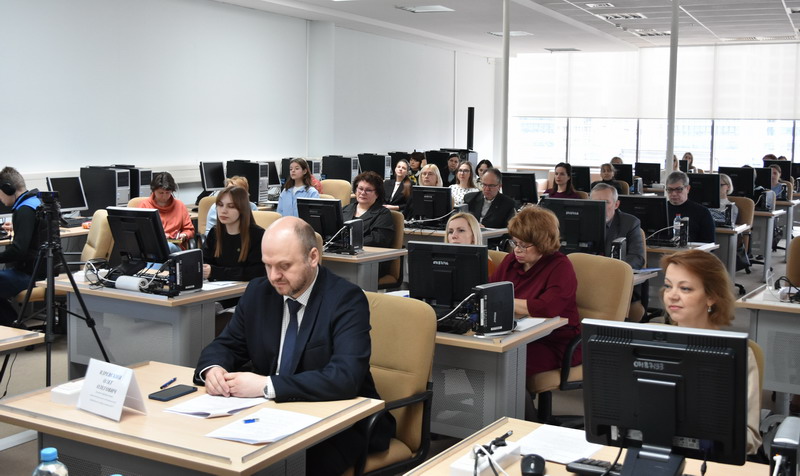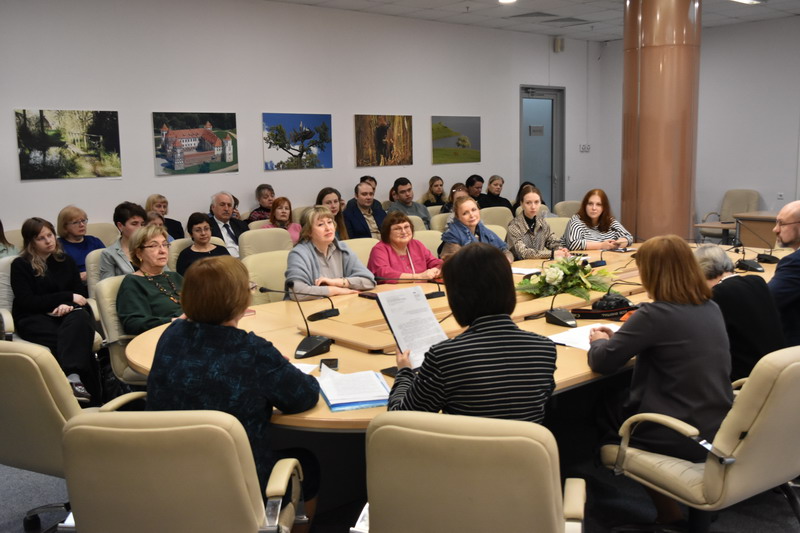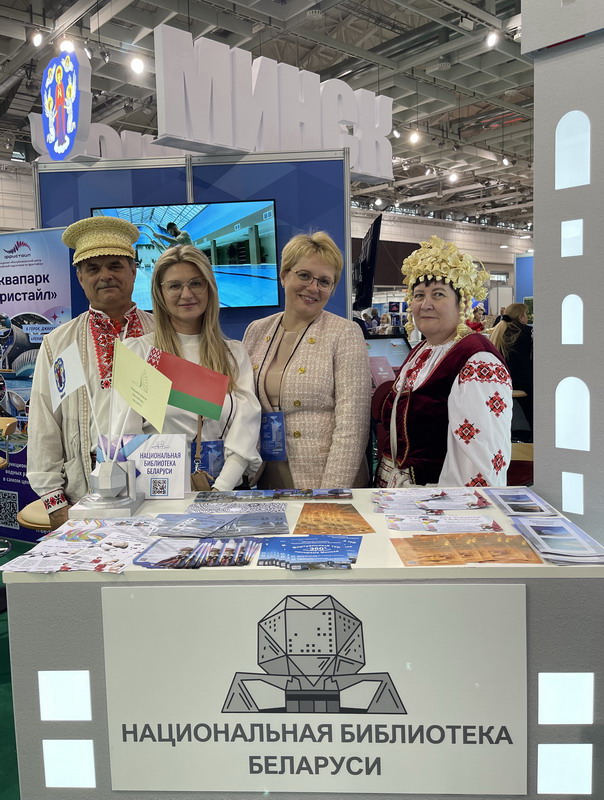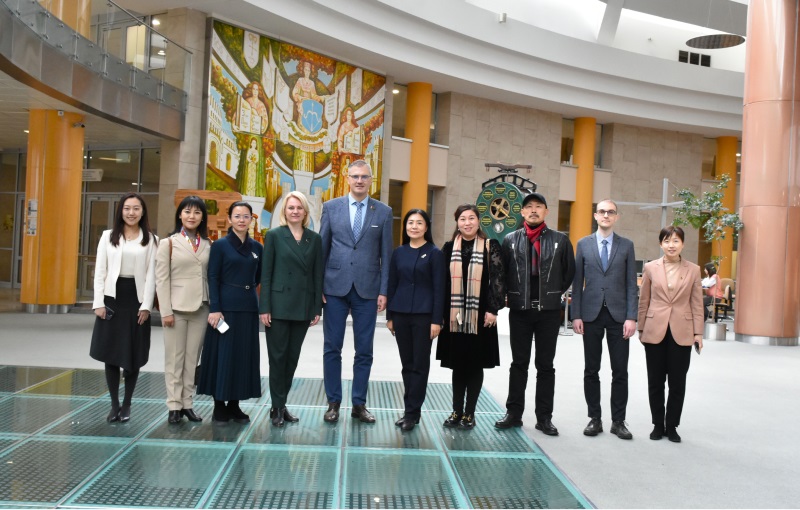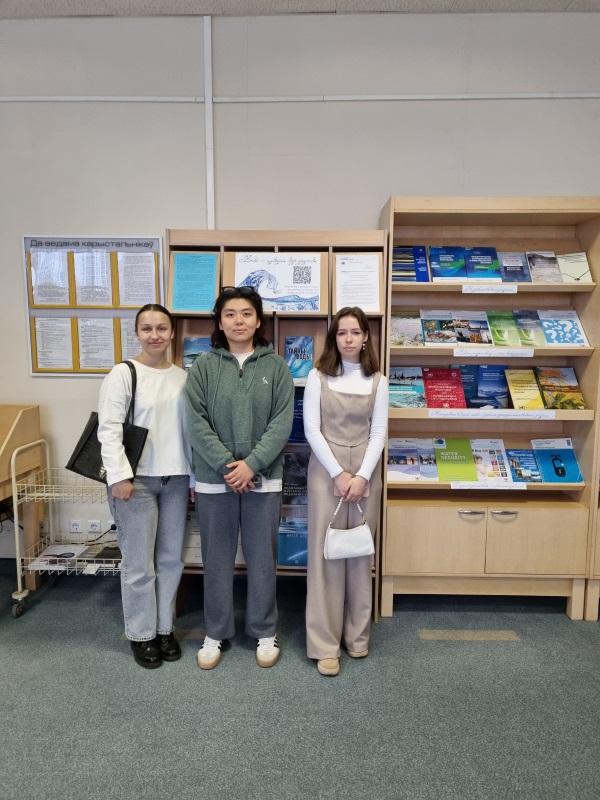July 8 marks the 160th anniversary of the birth of Maria Magdalena Radziwill (1861–1945), an activist of the Belarusian cultural movement, an educator, a philanthropist who supported the opening of educational institutions, hospitals, churches, orphanages, publication of books and newspapers in the Belarusian language.
Maria Magdalena was born in Warsaw in the family of the historian, archaeologist and paleontologist Jan (Ivan) Kazimir Zavisha, who came from the famous Belarusian noble family. He researched the Stone Age era in Belarus, collected memos of antiquity. For Magdalena, his father was a model of service to the ideals of honour, charity and love for the Belarusian language. The girl spent her childhood in the estates of Zhernautsy and Kukhtichy of the Igumen district. She received a good home education: she knew several European languages, ancient and modern philosophy, and foundations of world culture. When she was 21, she married Count Ludvik Krasinski, an extremely wealthy Polish magnate and founder of the Polish branch of the St. Petersburg Society for the Support of Russian Industry and Trade. He was a passionate collector of works of art, had a rich collection of antiques. A year later they had a daughter Ludvika (the future Chartaryjskaja Countess). In 1895, Krasinskaja Countess became a widow.
After the death of her father, she inherited ancestral estates and later moved to Belarus for permanent residence. She established strong ties with the best representatives of the then society. At this time she also traveled a lot in Europe. In 1904 in England, the Countess met young prince Nikolaj Radziwill, a participant in the Anglo-Boer War. He was 19 years younger than Magdalena, but they had many thoughts, views, life goals and ideals in common. After their marriage, the couple settled in Kukhcichy, the hereditary estate of Zavishas. At the prince's suggestion, a railway line was built from the estate to the Vereiki station of the Libau–Romny Railway, which was going through the whole of Belarus. After the death of her husband, who died at the front during the First World War, Magdalena Radziwill was deeply in grief; she lived in their estates, then in Minsk, where she had her own house on Zakharjieuskaja Street.
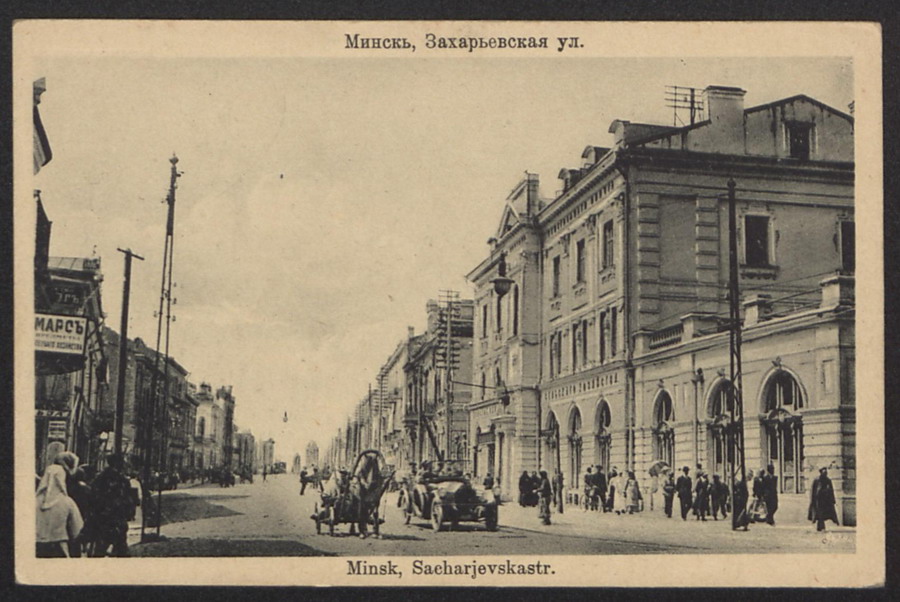
She continued to actively participate in Belarusian public life. Hospitals, rural shops, sobriety societies operated with her financial support. She paid special attention to orphans, did a lot to improve their situation, opened a number of shelters for them. She organized seven elementary Belarusian-speaking schools in her estates a craft school in Uzda village for peasant children. By the way, Paulina Miadziolka and Kanstantsija Bujlo were invited to teach at the school. The princess provided financial assistance to representatives of the Belarusian intelligentsia, as well as Belarusian students of Vilnia and other universities, and established several scholarships for them. She supported the publishing house "Zaglianie Sonсa I U Nasha Akonca" (The Sun Will Shine For Us Too) in St. Petersburg, the Belarusian Publishing Society in Vilnia, the newspapers "Nasha Niva" and "Bielarus." She helped the library of the Belarusian Club at the Saint Petersburg Theological Academy.
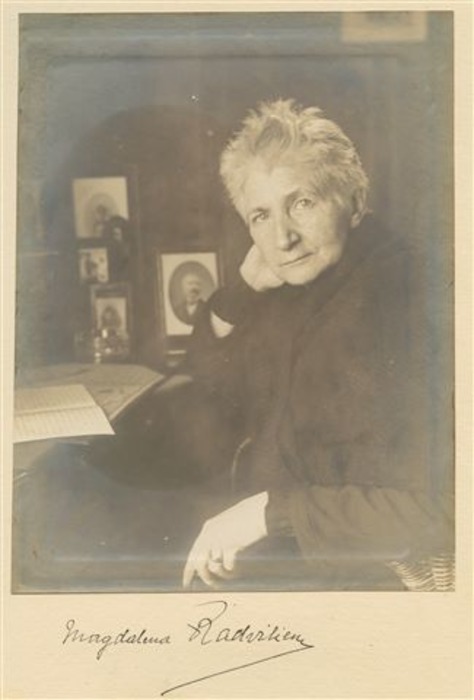
The patron provided financial assistance for the publication of books by Maksim Bahdanovich, Maksim Haretski, Taras Hushch (Jakub Kolas), Kanstantsija Bujlo, Jadzvihin Sh., Andrej Ziaziulia and other writers. In gratitude for her help, the Swan coat of arms of the family is placed on the front page of M. Bahdanovich's collection of poems "Vianok" (" The Wreath"). The same image is present in other publications, that Magdalena Radziwill helped.
After the October Revolution of 1917 M. Radziwill was in exile in Poland, Lithuania, Germany, and since 1932 – in Switzerland. A sincere patriot, she always considered herself “Belarusian of Lithuanian origin”. The princess's patronage deserves the gratitude and respect of her descendants.
Biographical material is also posted in the online encyclopedia “Belarus in Persons and Events”. The National Database of Authority / Regulatory Records contains a summary of factual data. Information on numerous publications about the life and work of M. Radziwill can be found in the E-catalogue of the National Library of Belarus.
Bibliology Research Department

